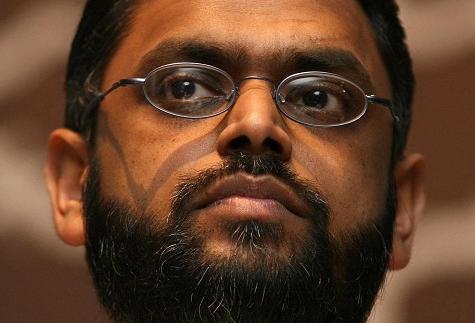1) At WINEP, Robert Satloff looks at ‘Improving an Overlooked Aspect of the Gaza Ceasefire Proposal’.
“From a U.S. policy perspective, one paragraph in the president’s White House speech has not garnered much attention but deserves closer scrutiny: “If Hamas fails to fulfill its commitments under the deal, Israel can resume military operations. But Egypt and Qatar have assured me and they are continuing to work to ensure that Hamas doesn’t do that. And the United States will help ensure that Israel lives up to their obligations as well. That’s what this deal says…And we’ll do our part.”
This wording is problematic on multiple levels:
Egypt and Qatar have shown themselves to be woefully incapable of influencing Hamas over the past eight months, so the idea that there is any value in their “assurances” regarding the group’s future behavior is risible.”
2) MEMRI documents Palestinian Authority displeasure with the Biden ceasefire plan.
“The Palestinian Authority (PA) and the Fatah movement, both of which are headed by PA President Mahmoud Abbas, have voiced displeasure with the Gaza ceasefire plan presented by U.S. President Joe Biden during his May 31, 2024 speech about the war. In their view, the deal would only entrench the intra-Palestinian schism by allowing Hamas to continue ruling the Gaza Strip while excluding the Palestinian Authority (PA) from Gaza.”
3) At the INSS, Liran Antebi discusses ‘The Escalation in the Drone War between Hezbollah and Israel’.
“Since the beginning of the Swords of Iron operation, Hezbollah has deployed a variety of drones, also known as UAVs (unmanned aerial vehicles), for gathering intelligence and attacking Israel. Recently, it has also increased the use of explosive drones in almost daily attacks. This is in addition to ongoing barrages of rockets and anti-tank missiles and the use of various types of rotary drones. […]
The most prominent drones used by Hezbollah are the Iranian-made Ababil and the Shahed drones, each with several models. Typically, these drones have wingspans of about 2 to 3.5 meters and are guided to their targets by remote human control or GPS-guided automatic navigation. They can carry tens of kilograms of explosives and generally crash into their targets.”
4) At the JCPA, Alan Baker asks ‘Can Contemporary International Law Cope with Today’s Terror?’.
“The war between Israel, Hamas, and other terror organizations has heightened the awareness of the question of whether today’s international law is capable of addressing armed conflict between a state and terror organizations.
Simply put, the question is how a sovereign state, obligated by the customary and conventional rules of international humanitarian law and the laws of armed conflict, is expected to engage in asymmetrical war with terror organizations that distinctly, and by definition, do not consider themselves as bound by such rules. Openly, they deliberately and even proudly consider themselves to be entitled, as terror organizations, to flout all accepted humanitarian norms and rules of international law to advance their aims. All this knowing that the international community lacks practical and legal means, as well as the basic desire and capability of obliging such terror groups to abide by the rules.”
5) At Ynet, Dr Michael Milshtein explains why ‘Palestinians possess a national identity, lack civil society’.
“The inclination toward victimhood, complete dependency on the international community, and evasion of responsibility and self-criticism have supplanted a viable national strategy and replaced a coherent and actionable national strategy. Palestinians describe a tragic historical cycle imposed upon them, yet they avoid acknowledging that this cycle results from strategic choices made by both the public and their leaders. Within this framework, there’s a notable refusal to recognize the connection between cause and effect (such as the opposition to the 1947 partition plan and the massacre on October 7 that triggered the current war). Instead, there is a persistent portrayal of Palestinians as eternal victims and Israel as the “absolute evil.” This narrative persists while avoiding introspection and adopting passivity and fatalism in the face of disasters resulting from national decisions.”
6) On June 10th CAMERA will hold a webinar with Dr Einat Wilf, author of “The War of Return: How Western Indulgence of the Palestinian Dream Has Obstructed the Path to Peace”.

Registration here.




